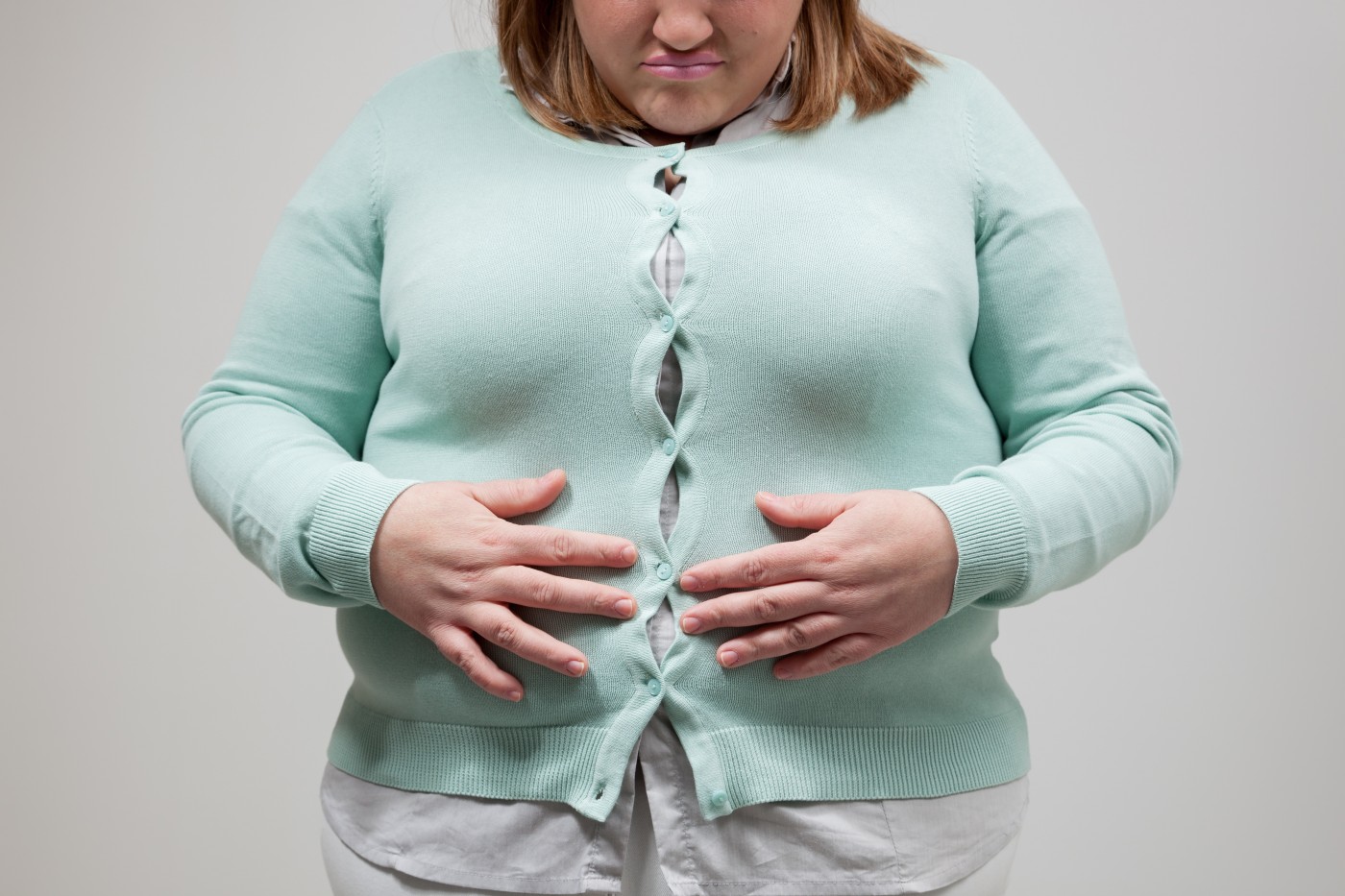 A recent study conducted at the Cancer Research UK in the United Kingdom recently revealed that obese women have around a 40% higher lifetime risk of developing cancer in comparison with women with a healthy weight.
A recent study conducted at the Cancer Research UK in the United Kingdom recently revealed that obese women have around a 40% higher lifetime risk of developing cancer in comparison with women with a healthy weight.
Epidemiological studies have shown that the number of obese individuals worldwide is a matter of concern. In the United States, it is estimated that almost a fifth of children and adolescents, and more than a third of the adults are obese.
Obesity has been reported to increase the risk of developing cancer, and the American Cancer Society believes that excess weight can promote cancer development by interfering with the body’s immune system or the hormonal levels (e.g. insulin and estrogen).
The Cancer Research UK Statistical Information Team conducted an analysis to determine the actual impact of obesity in the lifetime likelihood of developing cancer. In this analysis, seven specific cancers that had been previously linked to body weight were assessed, namely esophageal, gallbladder, pancreatic, bowel, kidney, uterus (endometrium), and breast (postmenopausal). Researchers examined data on the lifetime cancer risk in the UK population between 2009 and 2011, and on the proportion of obese and overweight UK women (aged 16 and over) between 2011 and 2013. In addition, data on body-weight associated cancer risks from a 2011 study entitled “Cancers attributable to overweight and obesity in the UK in 2010” was also taken into consideration.
The research team estimated that obese women have a higher risk of being diagnosed with a weight-related cancer than healthy women; these risks are represented by the following percentages: 133% higher risk of esophageal cancer, 131% for uterus (endometrium) cancer, 100% for gallbladder cancer, 78% for kidney cancer, 32% for bowel cancer, 31% for pancreatic cancer and 25% for breast cancer (postmenopausal).
“We know that our cancer risk depends on a combination of our genes, our environment and other aspects of our lives, many of which we can control — helping people understand how they can reduce their risk of developing cancer in the first place remains crucial in tackling the disease,” said the head of health information at Cancer Research UK, Dr. Julie Sharp in a press release. “Lifestyle changes — like not smoking, keeping a healthy weight, eating a healthy diet and cutting back on alcohol — are the big opportunities for us all to personally reduce our cancer risk. Making these changes is not a guarantee against cancer, but it stacks the odds in our favor.”
Although this study is focused on women, obesity can also raise the likelihood for the development of several cancers in men. “The number of cancer cases linked to carrying extra weight is higher in women because some cancers linked to bodyweight — like womb cancer — only occur in women,” noted the health information officer for Cancer Research UK, Tom Stansfield in a news release. “For women in the UK, 7% of cancer cases each year are linked to bodyweight, compared to 4% for men.”


